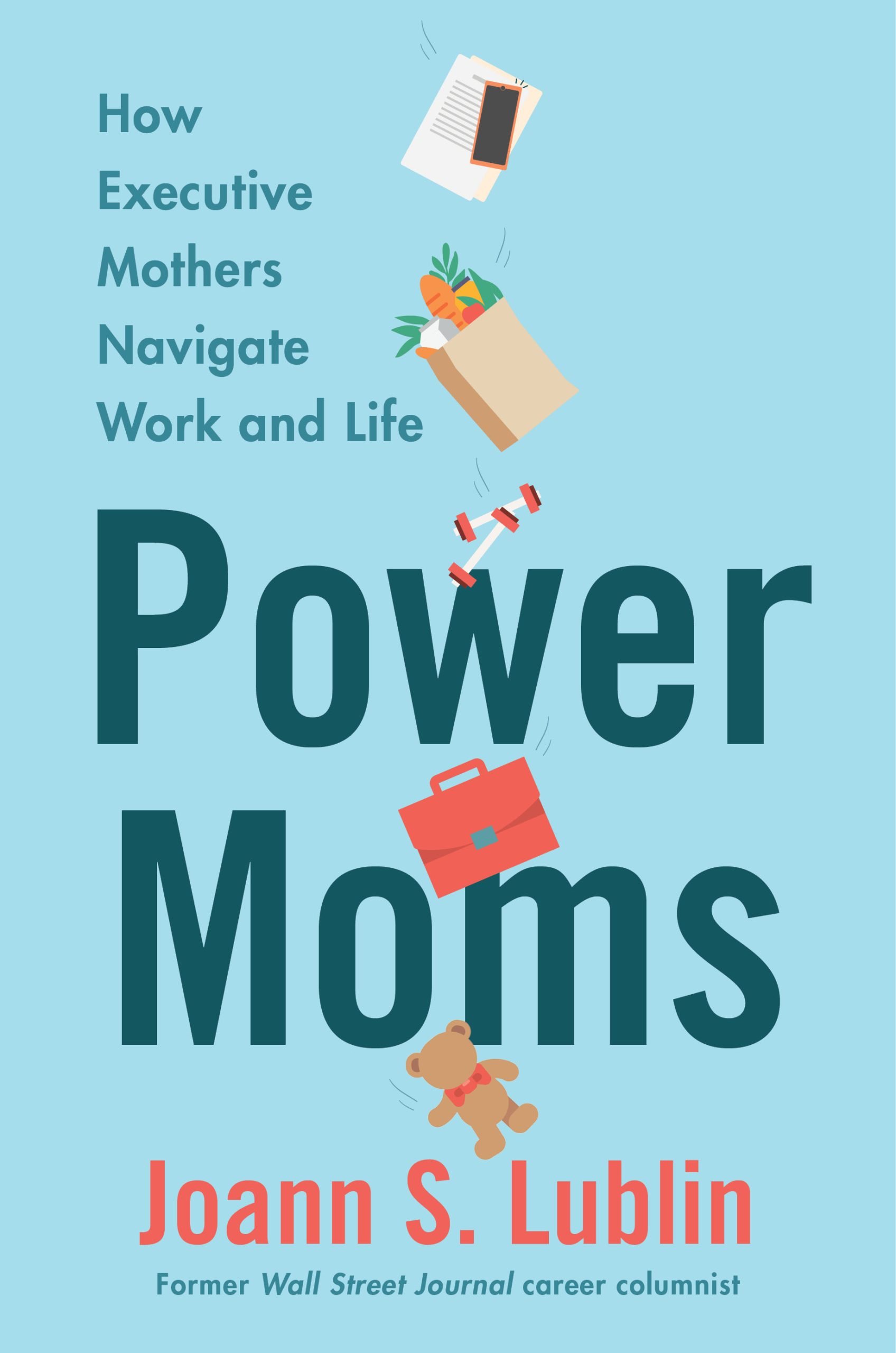Working mothers want all of their children to lead happy and fulfilled lives. Nevertheless, they often exert extra effort so their daughters will ably navigate the male-dominated world of work. Second-wave feminists during the late twentieth century inspired mothers “to not only rethink their own position in society but also prepare their daughters to be new sorts of women,” Amy Westervelt noted in her book Forget “Having It All”: How America Messed Up Motherhood—and How to Fix It.
 That’s why many first-generation Power Moms became informal career advisers for their grown daughters. They gave invaluable pointers about landing great jobs, battling gender bias, and moving up the corporate ladder. High-achieving mothers also served as strategic door openers and sounding boards.
That’s why many first-generation Power Moms became informal career advisers for their grown daughters. They gave invaluable pointers about landing great jobs, battling gender bias, and moving up the corporate ladder. High-achieving mothers also served as strategic door openers and sounding boards.

Nor did every boomer boss wait until her female progeny hit adulthood to start managing their careers. One advertising executive required her daughter to write a résumé and sign up for LinkedIn before the high school sophomore applied for a summer camp job.
The grown children of hyperinvolved parents can experience detrimental effects, however. Though they tend to succeed at finding good jobs, research shows that they’re less self-reliant and more likely to suffer from anxiety or depression, the New York Times reported in 2019.
As a daughter matures and tries to forge an independent identity, her well-rooted ties with Mom typically turn rocky. How similar she will be and how different she may want to be from her mother “are questions that shape, day to day, both the broad and immediate themes of her life,” wrote Terri Apter, a family dynamics researcher, in You Don’t Really Know Me: Why Mothers and Daughters Fight and How Both Can Win. A daughter “wants her mother to respect her growth and maturity and independence, but not yet to let go.”

Some of the twenty-five grown daughters I interviewed resisted job tips from their Power Mom—despite her extensive knowledge about how to succeed in business. On the other hand, numerous daughters view their pacesetter mother as their unique workplace weapon precisely because she succeeded in business.
…
Ellen Kullman is a perfect example of a boomer Power Mom whose exposure to tough work assignments benefited her grown daughter, Maggie. The experience prepared Kullman to coach her about the same issue years later.
Educated as a mechanical engineer, she joined DuPont as a marketing manager in 1988. She became its first female vice president at age thirty-nine in 1995. Her success in a highly risky DuPont role outside her comfort zone—via her creation of a safety consulting unit—paved the path for her 2009 ascension to its corner office. Unless you push yourself outside your comfort zone, she told me, “you’re never going to know your true capability, and you’re not going to make as much progress.” She acted out her point by shaking both fists over the long dining table in her family’s sprawling redbrick home in Wilmington, Delaware.
She was the first female CEO of DuPont, known for Kevlar body armor and Teflon nonstick pan coating. She ran the major chemical manufacturer until October 2015. Four years later, she took the top job at Carbon, a 3D printing start-up with about five hundred employees. She had served on its board since 2016.
Kullman’s second CEO gig was another risky move for her. Only two female heads of Fortune 500 companies have repeated the feat at another business, Fortune reported on the day of Carbon’s announcement in late November 2019.
Maggie, the eldest of Kullman’s three children, was exposed to the workplace at a very young age. She was just three weeks old in 1990 when Kullman interrupted her maternity leave to conduct an unexpected meeting with her DuPont team at the family’s home. Team members seated around the kitchen table took turns holding the newborn.
Maggie graduated in 2012 from Tufts University, her mother’s alma mater. General Electric Company, where Kullman had worked before DuPont, hired Maggie for its communications leadership development program. She completed brief rotational assignments in locales such as GE’s midtown Manhattan office and Connecticut corporate headquarters.
As the two-year program ended, Maggie needed to arrange a permanent GE post. She considered opportunities such as an internal communications spot covering about a thousand workers at two sizable manufacturing facilities and a slightly smaller warehouse in Fort Worth, Texas. Men made up almost the entire workforce at the plants, which produced locomotives and mining equipment.
The problem? She had never lived far from a big city or toiled in a factory. “Working with hourly employees in a manufacturing plant wasn’t exactly my comfort zone,” she said.
Maggie and her mother debated the Texas job over dinner at a Manhattan restaurant. Kullman suggested that her daughter accept the position because a challenging job “is going to help you see all the different aspects of the business and how they interact.”
Maggie told me that she finally took the risky job partly because she knew her mom had thrived outside her comfort zone through her creation of the DuPont safety consulting division. However, the job proved harder than expected for a young woman accustomed to wearing a dress and heels in fancy offices occupied by GE’s big brass. In Texas, Maggie wore steel-toed boots, a hard hat, Dickies work jeans, and a GE shirt embroidered with her name. The tarantulas she occasionally saw in her Fort Worth plant frightened her. “It probably was my toughest job and definitely the steepest learning curve,” she said.
Yet she also became well acquainted with many blue-collar guys and their concerns. A good manager understands all aspects of a business, Maggie stressed, echoing her mother’s words. The knowledge will be “very helpful no matter what I do in the future.”
Maggie left GE in 2017 to return to school and received her MBA degree in mid-2019. When the new year dawned, she took a new job as a marketing program manager for Clari, a software start-up in Sunnyvale, California. The company produces a machine learning system that enables businesses to forecast and manage their sales and marketing.
This excerpt is adapted from Joann S. Lublin’s book POWER MOMS: How Executive Mothers Navigate Work and Life, published on February 16, 2021 by Harper Business, an imprint of HarperCollins Publishers.







